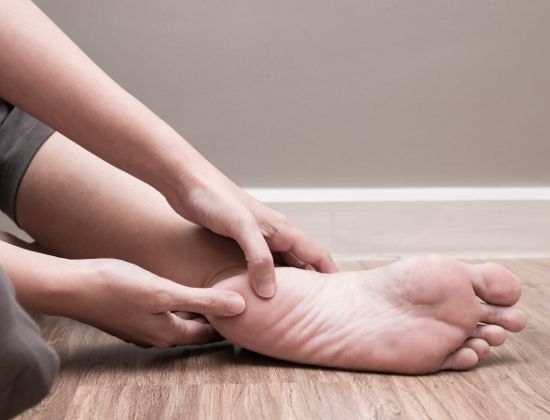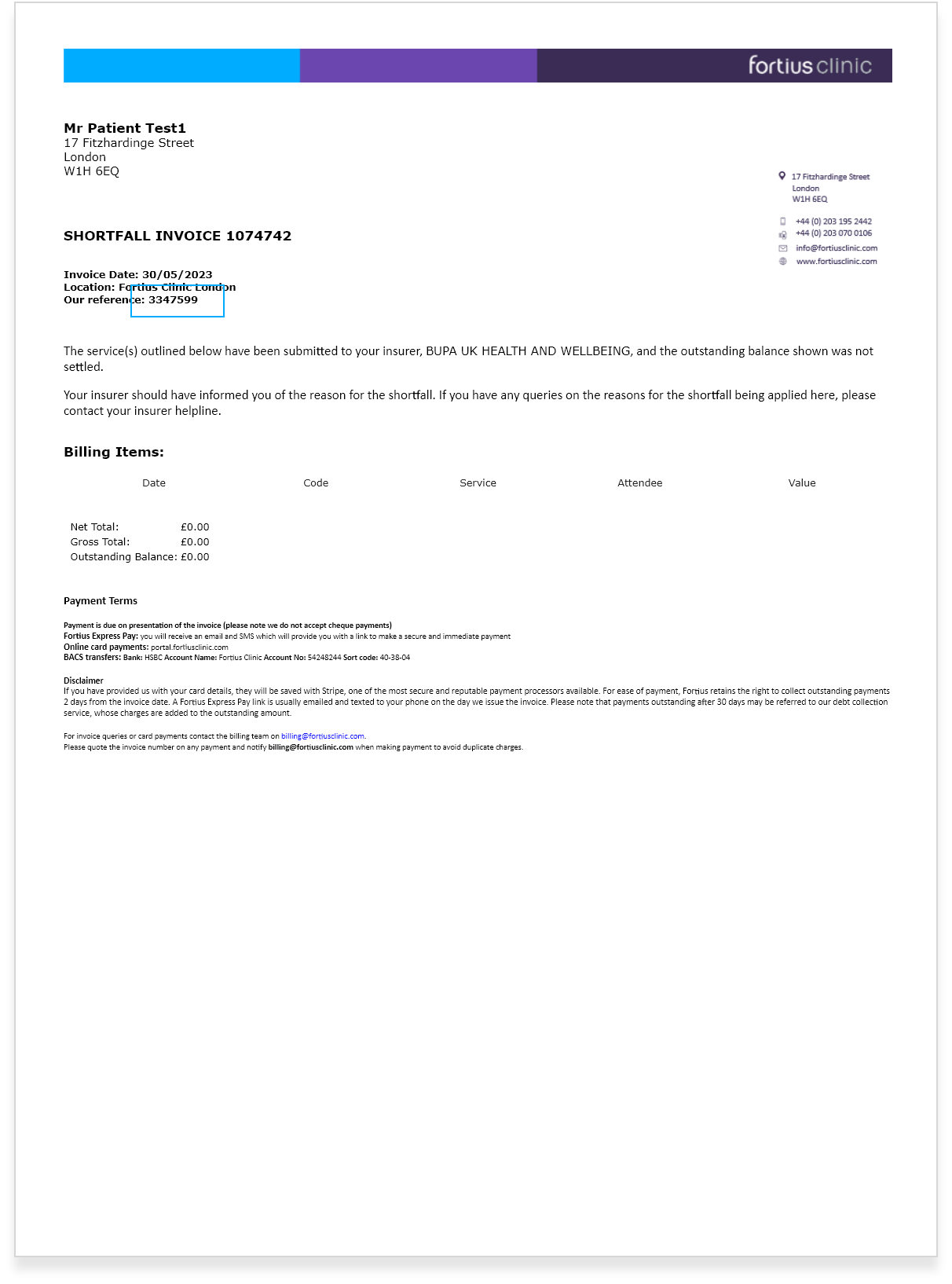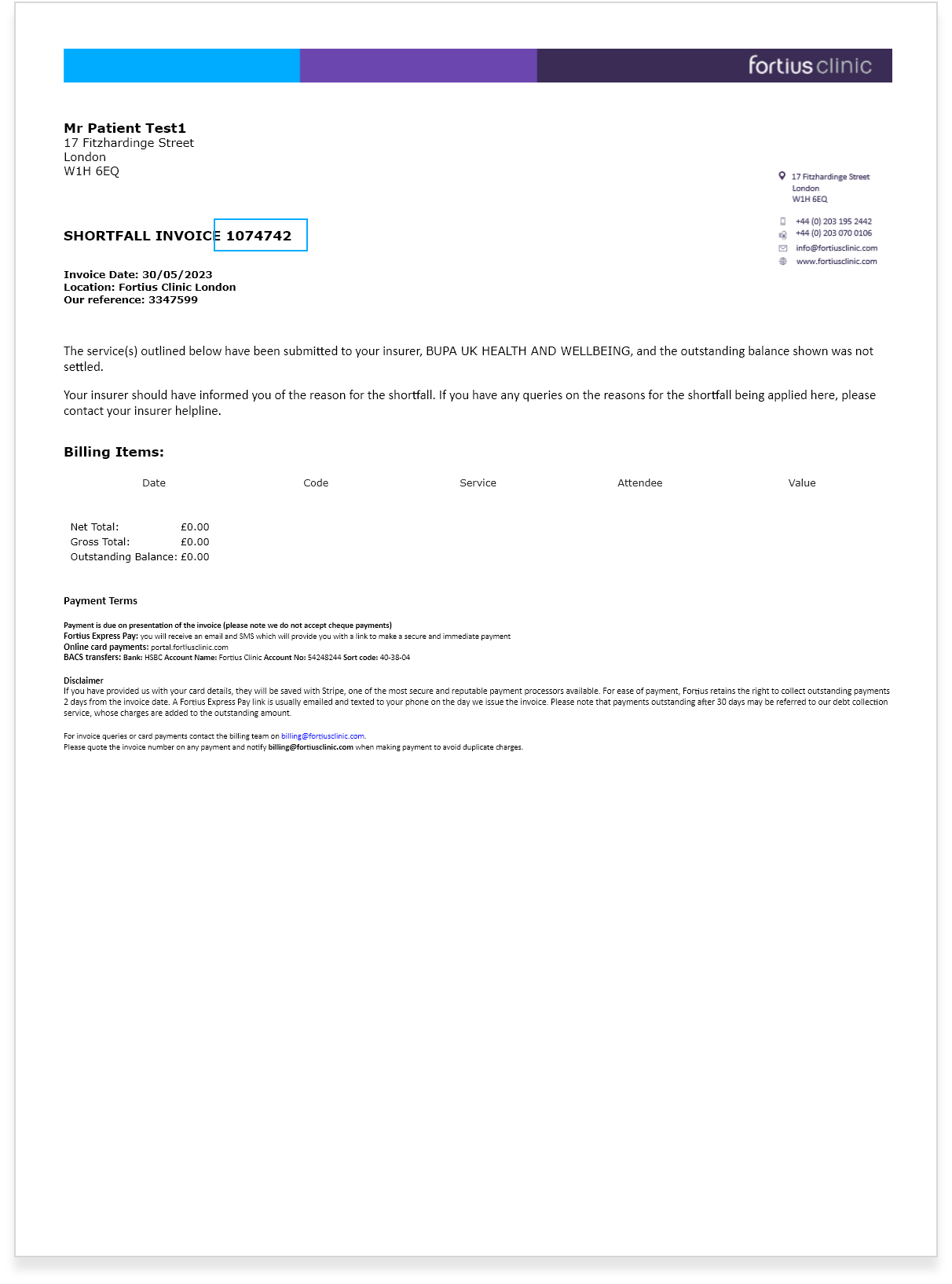Having been diagnosed gout is treated in three ways:-
1. Treatment of the acute attack - It is important to treat an acute attack as quickly as possible. Gout is commonly treated with non-steroidal anti-inflammatory tables (NSAIDs) such as indomethacin, naproxen or ibuprofen. However NSAIDs can have side effects and are not suitable for all patients. Colchicine is an alternative if patients cannot take NSAIDs. Very occasionaly steroid medications (such as prednisolone) are used.
2. Reducing the possibility of a further attack by lifestyle measures - Once the acute attack has settled it is important to take steps to reduce the possibility of a subsequent gout attack. Lifestyle measures – such as altering the diet, losing weight and reducing alcohol consumption – are advised. However often on their own these measures are insufficient to bring down the uric acid level in the blood to target level as often patients are genetically predisposed to gout.
3. Reducing uric acid blood levels by medications - In most patients who have repeated attacks they will need medications to reduce the level of uric acid in the blood. These are started once the acute attack has settled. Allopurinol is the most common medication but other medications are available.







